Portside Fund Appeal - What a Year It's Been
Portside
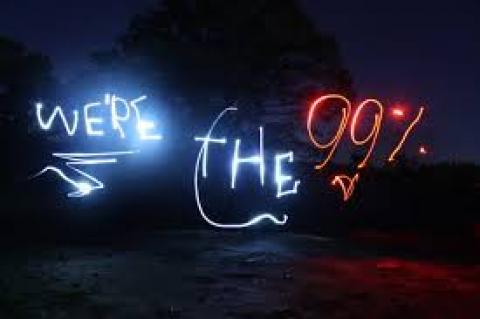
It's been an extraordinary year. A year of unparalleled dangers, which we wont dwell on, as you know them well. Also a year that people invented new ways to assert themselves -- from athletes kneeling to women speaking out to voters flipping seats up and down the ballot. Just once a year we appeal to you to contribute to make it possible to continue this work. Please help.

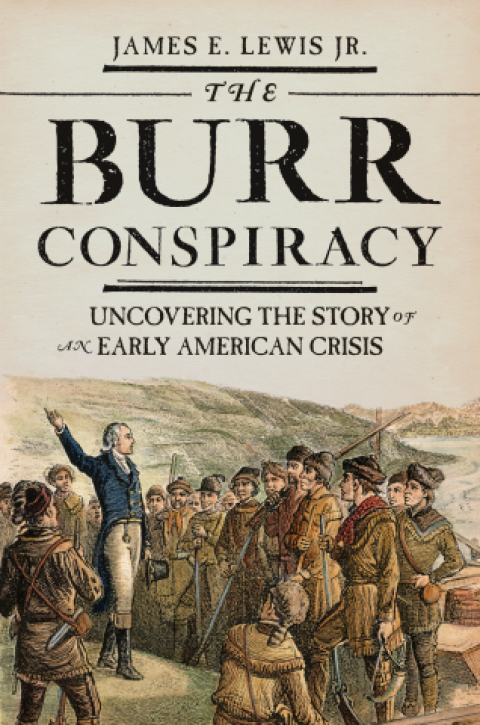

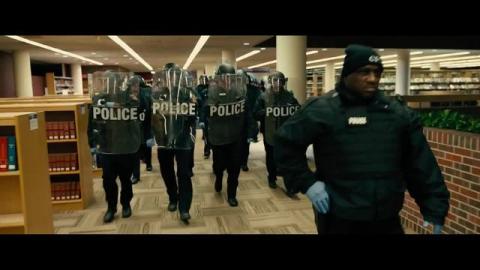

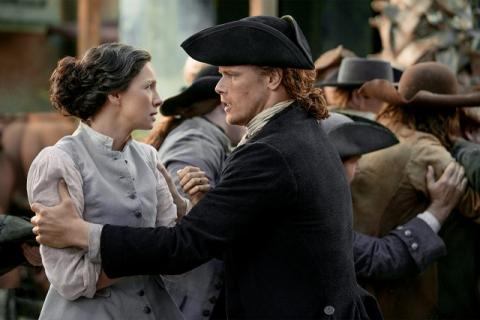

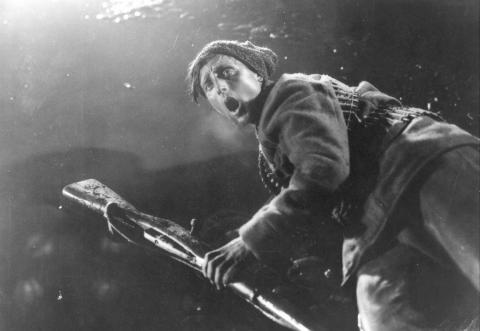
Spread the word